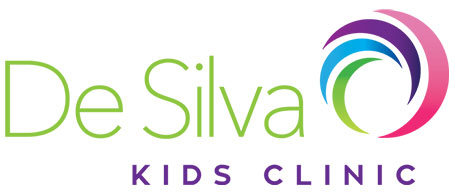Many times, I am asked by parents about the impact of pacifier use on the development of speech and language in young children.
According to research, there are benefits of using a pacifier. Some of these include
- Pacifiers may help your baby fall asleep
- Pacifiers may ease discomfort during flights by relieving ear pain caused by changes in air pressure
- Pacifiers are disposable
- Pacifiers may soothe your baby
Oral health and dentition
One of the primary concerns related to pacifier usage is the potential for dental problems. One study, in 2006, found that pacifier use does not significantly impact the arrangement of teeth if its use is stopped by 2 to 3 years of age. However, pacifier use beyond 3 years of age, particularly beyond age 5 years, was found to lead to greater problems with teeth. This can have a negative impact on speech and language learning.
Anterior open bite, a dental concern related to prolonged use of pacifiers
Posterior crossbite, a dental concern related to prolonged use of pacifiers
Speech (pronunciation) development
Different studies examining the relationship between pacifier use and speech (pronunciation) of children found different results. One study found no impact on speech of children with prolonged pacifier use. However, in 2009, another study found that use of a pacifier for 3 or more years may lead to problems with speech development in young children.
Pacifiers can sometimes cause the child’s tongue to push between the teeth, as shown in the picture above, and inhibit the child from being successfully able to produce the /s/ and /z/ sounds. This speech development delay in these sounds can then cause the child to form a lisp when producing words.
If your child has a pacifier in his/her mouth for most of the time, this may reduce his/her opportunities for babbling (“gaga” “dada” “a-ga”) and imitation of sounds and words. Engaging in conversations may also be limited as the sounds that are made around the pacifier may not come out as clear.
When should my child stop using a pacifier?
According to BabyCenter Editorial Team, 2016, the best time to limit the pacifier is at 18 months of age.
How can I get my child to stop using a pacifier?
- Limit the time you allow your child to use a pacifier. For example, only for sleep time and comfort. Refrain from taking the pacifier out of the cot.
- For older children, involve your child in the decision to stop using it. For example, give them choices of throwing it away, putting it away or leaving it under the pillow for the ‘tooth fairy’
- Mark your child’s progress with a reward chart
- Praise your child when they have given up the pacifier. For example, “I am so proud of you. You are growing up”
- When you first take away the pacifier, you will probably need to soothe your child in other ways. For example, rocking, gentle swinging motion, soft singing and gentle massage are some ways you can help ease your child’s discomfort. For older children, blankets or stuffed animal could provide the comfort
 If you feel that your child’s speech or language has been affected by the use of a pacifier or you would like some further information, please feel free to contact us at any time.
If you feel that your child’s speech or language has been affected by the use of a pacifier or you would like some further information, please feel free to contact us at any time.
Written by Didem Karademir, Speech Pathologist.




